Responsible tourism has become more important than ever. With more than one billion travelers each year, we all need to do our part.
Major issues that arise as tourism grows, are, among others, overtourism, drought, pollution of both ocean and land, unethical animal tourism, and increased amounts of plastic waste.
Fortunately, there are a few things we can do to contribute to a better world while traveling. For years, I’ve been especially passionate about responsible tourism as I’ve felt the negatives of tourism firsthand while slow traveling and living abroad.
Thus, I’ve included a lot of practical responsible travel tips at the end of this post, so that you can travel better.
But before we dig into the goodies, let’s have a look at the basics, like what is responsible tourism? And what is a responsible tourist? Is it enough to pack your reusable water bottle and stop flying? And should we really stop flying at all? Or is the problem gone because of the pandemic?
Disclosure: This post may contain affiliate links. That means that if you make a purchase through one of those links, I will get a small commission at no extra cost to you. As an Amazon Associate, I earn from qualifying purchases.
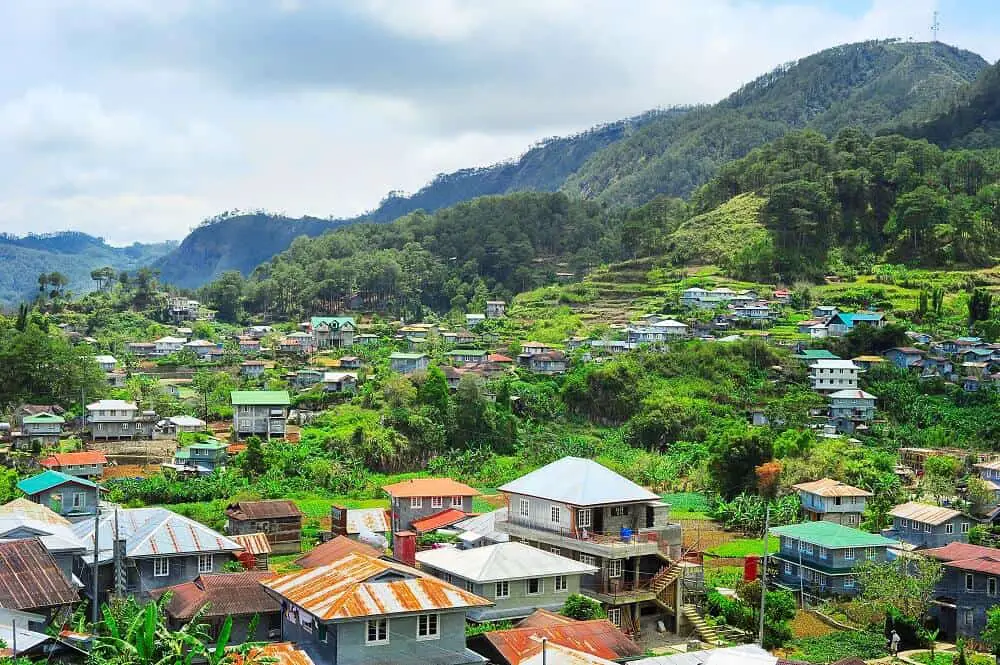
What is responsible tourism?
It wasn’t before 2002 that responsible tourism was defined during the World Summit on Sustainable Development in Cape Town.
Responsible Tourism is about “making better places for people to live in and better places for people to visit.” Responsible Tourism requires that operators, hoteliers, governments, local people and tourists take responsibility, take action to make tourism more sustainable.
Responsible Tourism Partnership
The Cape Town Declaration states a number of important matters that need to be taken in account when you talk about responsible tourism.
In short, these include:
- Minimize negative impact on locals, environment, and wildlife
- Minimize negative economic impact on the destination
- Involve the locals in decisions that impact them in any way
- Contribute to conservation (natural and cultural)
- Provide tourists with an understanding of the local culture and conservation through connections with locals
- Respect and equality
When you travel, responsible tourism should always be on your mind and you should always search for ways to do your part as a traveler. It’s all about respect and learning. It’s all about considering the consequences of your actions.
Think about the above bullet points as three areas for the traveler to respect.
Locals. Environment. Wildlife.
By keeping these three areas in mind, you get a long way. Yet, you want to make the most positive impact possible without creating negative effects on any of the other areas. the economic gain will naturally follow as you concentrate on this.
As an example, you don’t want to buy an endangered animal that a local has hunted illegally. You sure support the local economy, but you also contribute to the illegal poaching of endangered wildlife which in turn creates an imbalance in the natural environment.
Another example is taking selfies with the Philippine Tarsier. You can read my post about it here.
Creating a meaningful connection with the locals and learning about their culture and history instead of just walking past and snapping pictures of them, is quite likely going to create a much better experience for you as a traveler too.
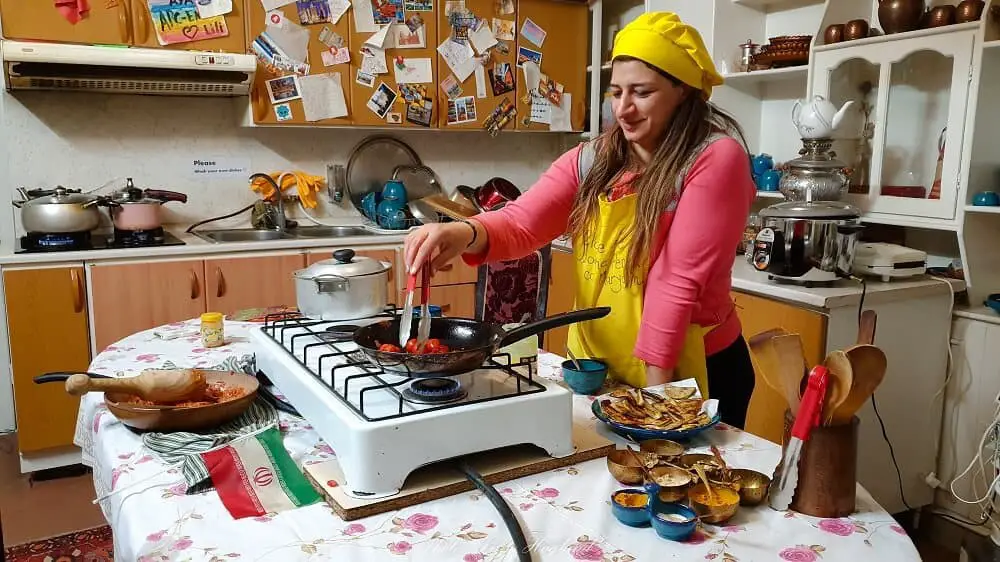
How to be a responsible tourist
Being a responsible tourist is all about considering the consequences of your actions before you make a decision. Take the above into consideration when you travel and do your research before choosing activities for your trip.
Not all local tour operators practice responsible tourism. So how to improve tourism as a traveler? If you do your research and make sure you demand responsible tourism practices from operators, you don’t only show responsible tourist behavior, but you also give your vote for responsible tourism.
Go to the operator that focuses on responsible tourism and recommend them to other travelers. Talk about the importance of responsible tourism to other travelers.
When many travelers give their vote for sustainable and responsible tourism, that’s what tour operators will start to deliver. There are in general popping up more and more sustainable tourist destinations across the planet which are worth considering for your next trip.
However, a responsible tourist will not start educating the locals and telling them that what they do is irresponsible. Remember, you’re a visitor and you always need to keep respect as the bottom line in all your actions.
How would you like if some random tourist came to your hometown and told you that what you’ve done your whole life is wrong and it’s not acceptable that you keep doing it?
Instead, be curious, ask questions, learn why they do things as they do, and open your mind. If you really want to make a difference, volunteer with reputable organizations that work with the local community to create positive change.
But we’ll look more into practical examples of responsible tourism further down, so you can make the right choices when you go on your next adventure.
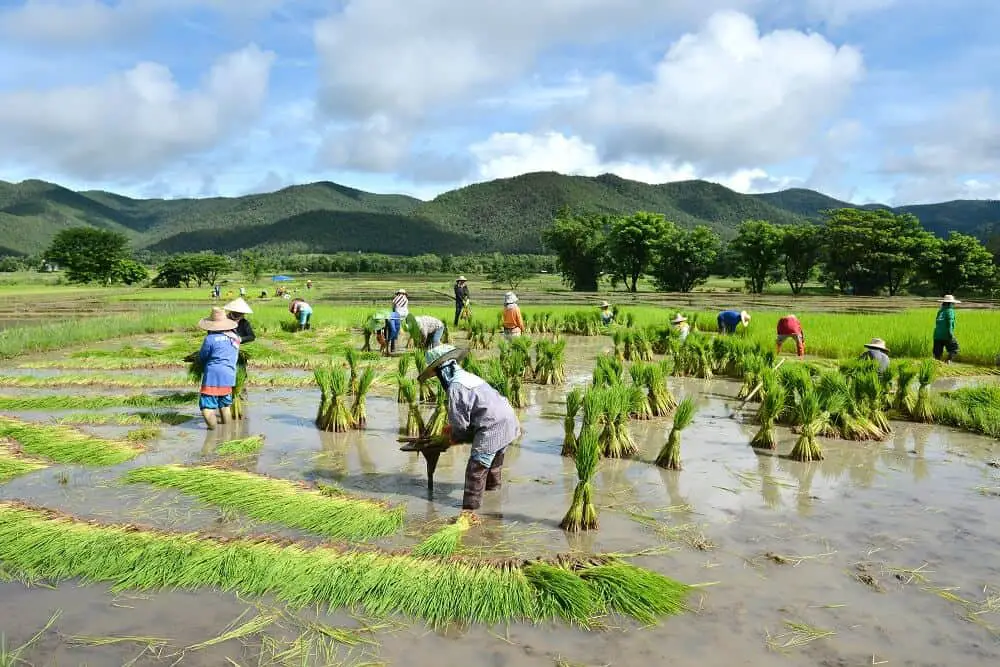
Is flight shame responsible tourism?
A new term that has come to light in the last few years is flight shame. A term that began in Sweden (the Swedish word being Flygskam). It has turned into an anti-flying movement aiming to reduce the environmental impact of not flying.
But is this responsible tourism?
Now that we’ve looked at how important the consequences of our actions are, what are the consequences if we all stop flying completely?
Clearly, carbon emissions will go down, but we all know that other actions have a much greater impact on that, like cutting out meat and dairy production. So, I’ve been looking into what other consequences there are from stopping flying and if they’re all that positive.
Conservation and community based tourism
In less developed countries, there are whole communities that are built around sustainable tourism.
The jobs and income that the tourist money brings to the community don’t only keep the locals from poaching threatened species or cutting down their habitat.
It also brings in money to protect the habitat and teaches tourists about the importance of ethical animal tourism.
So what happens if everyone stops flying? These faraway places won’t be visited much. These people, animals and the natural habitat is dependent on travelers from developed countries to come and spend their tourist dollars.
If they disappear, people will see themselves forced to start hunting these vulnerable animals again because jobs will be lost, it will lead to less education, and illegal practices will again take over the community.
This is something we already see happening due to the pandemic that struck in 2020. According to Nature.com, African countries see such a high decrease in tourism income, which usually goes to the conservation of wildlife and habitat, including poaching control, that threatened species are at true risk.
I’ve compiled a list of ways you can support small tourism businesses even when you can’t travel here.
Community based tourism is one of the most important ways of travel for the local economy, conservation, and wildlife.
It also benefits you as a traveler since you’ll actually connect with the place you visit through unforgettable human connections and education about the destination’s culture and history.
A future of zero-emission flights
Today, whenever you buy a plane ticket, part of the money goes directly or indirectly to create new planes and new technology. As an example, Airbus, has been working on electric and hybrid-electric solutions for airplanes since 2010.
Though it takes time to find a solution that can fly a large passenger plane long distance, they have made big progress in these years, and hopefully, we’ll soon see a more environmentally friendly way to travel by air.
What do you think will happen to the progress in this research if we all stop flying, thus stop chipping in for research?
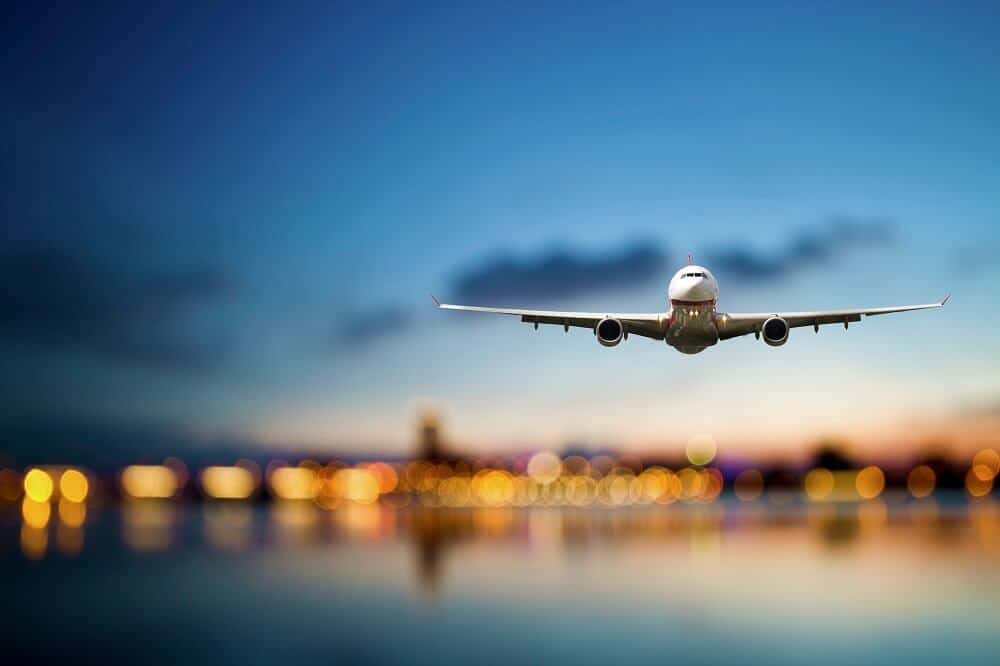
Can flying LESS be a more responsible alternative?
A more responsible alternative than stopping to fly altogether, can be to fly less. Travel over land where and when possible.
Sometimes, it only takes a few extra hours to take the train or the bus if you put together the time from you leave home, getting to the airport, going through security, waiting for check-in, getting on the plane, getting out of the plane, through security again, and get to your hotel.
Those are examples where you can make a choice to not fly without necessarily creating a negative impact on communities and conservation. These are the times when you can save carbon emissions by not flying.
Taking a local bus in Uganda or the train in India might just be a memorable experience where you get to connect with the locals.
Think about the local food you get to try when vendors come on the bus selling those local delights that you otherwise would not have seen. And what about the homemade food you might be offered by fellow travelers? The cultural experiences of taking a different form of local transport can be great in so many ways.
I’ve traveled 27 hours straight on trains in India, 24 hours on a bus across bumpy roads in Madagascar, crammed up in a Jeepney in the Philippines, and traveled in a tiny Bangka across the open sea, just about avoiding a thunderstorm.
Those are experiences I would never swap for a flight that probably would have been a lot more comfortable. But I’d miss out on the cultural, culinary, and human connections which create travel memories for life.
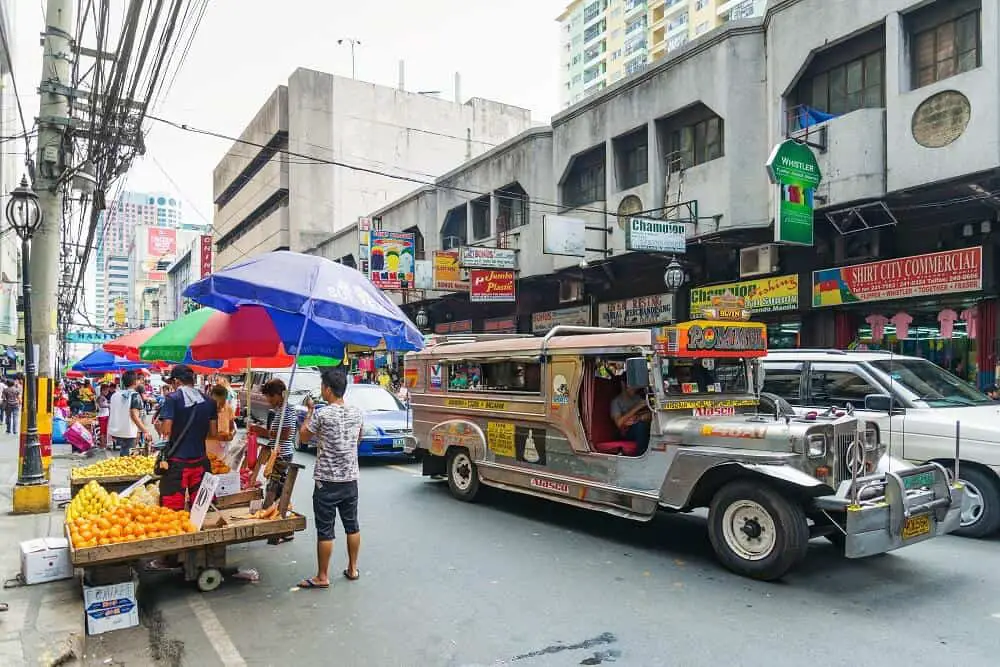
Is Instagram tourism responsible tourism?
Instagram has sure changed tourism a lot during the last few years. Social media in general has made sharing travel pictures mainstream, it’s made it much more accessible to find hidden gems and magical spots.
With an ever-increasing number of travel influencers, being models traveling with their photographer boyfriends, sharing these amazing destinations with their millions of followers has made more and more people long for these places themselves.
With travel being more accessible than ever, it’s easy to follow in their footsteps to search for that same magical photo, but with you in it.
But what is the problem with this? By traveling to these far away places to get that Instagram-worthy shot, because believe it or not, Instagrammable is the new hot word, you do travel and you do leave money to the destination, right?
Do you really?
Unfortunately, the trend of traveling to Instagrammable spots to take these amazing Instagrammable photos has had an incredibly negative impact on local communities and on the environment. Often, the economic impact isn’t even that great.
The real impact of chasing Instagrammable places
With millions of people suddenly overcrowding single attractions, whether they are natural attractions, one single person’s front door, or religious and spiritual attractions, it’s just not sustainable.
I’ll point out why here:
- Travelers read a blog post about Instagrammable places in a city or town and they just follow this single route to get their perfect Instagram pictures. They forget about the rest of the place. They don’t care about connecting with the locals, or getting an understanding of the culture of the destination. It’s all about getting those pics for the Gram. Often, travelers don’t even bother buying anything in the area, which leaves the locals with no economical benefit either.
- People live in those houses with those beautiful front doors. So how would you like it if it was Your front door that was pictured on that influencer’s post and suddenly you’d have a queue of millennials waiting with their iPhones to take their selfies.
- The reality behind most of the now so popular Instagram spots are not what you see on the pictures. They are over crowded, people stand in a queue for hours to get that one picture for the Gram. The same picture as everyone else has. Why not find your own hidden gems and enjoy the moment instead of wasting it in a queue just for a picture? This way you won’t contribute to overcrowding, which in turn is extremely hard on the local community.
- Animal selfies. Don’t even make me go there. Unfortunately, there are still way too many influencers that aren’t at all aware of the negative effects of animal tourism. It’s not ethical to hold any animal when you travel. Wildlife should be respected and not handled by strangers as it causes stress in the animals and it fuels an industry that exploits animals for tourists amusement.
- Natural spots are being overcrowded by Instagram tourists that are Not prepared for what they’re heading for. Preikestolen, one of the most popular hikes in Norway, sees large numbers of tourists every summer. And that’s ok. It’s an amazing hike. But seeing people walk up in heels and nice dresses to get their Instagram pictures, while it’s a 5 hour hike up uneven and some places challenging mountain terrain doesn’t make sense. This is Not a walk to do in heels. This is a hike. If you like hiking you should go hiking. If you want a pic for the gram, skip it.
- Hidden gems being destroyed by mass tourism is another issue. The locals stop going places because the tourists have taken over. That one coffee shop where the locals used to hang out can easily turn into an Instagrammable trap where the owners have to set up signs saying you have to buy to come in. Where the charm disappears.
- Especially in SE Asia, there are a series of temples that are Instagram-worthy, that is on every Instagram profile. Long queues behind the camera that captures posing travelers is not what I have in mind when I think of a temple. A temple is a place of worship, it’s a spiritual and religious place. It’s a place where locals go to worship and I’m pretty sure they’re not very happy about the never-ending lines of tourists in perfect dresses (often covering less than is respectful) lining up to make yoga poses in front of the camera. If you go there to admire the temple, to learn about the belief, to experience the place, fine. But I’m sure there are many other temples to do that too. Just as beautiful, where there isn’t a line.
- Focusing on finding that exact Instagram-worthy place that you’ve seen easily makes you forget where you are. Do you really experience the culture, the place, and the people around you? And don’t get me wrong. I’ve been passionate about photography since I was a kid and I always will be. But there are more beautiful places to a destination than those 10 or 25 Instagrammable spots you saw in that post. Look for your own spots, talk with the locals and make them guide you. Respect their customs and beliefs.
Responsible Instagram behavior
We all take pictures that we post on Instagram. I do too, after all, I’m a blogger and an influencer. But we can choose how we present a destination on the Gram.
Sometimes, it’s better to not tag the location. If there are no tourists there and the place is not prepared for large numbers of tourists, leave the destination tag out. Or just tag the country.
If you post pictures with children in them, make sure you Never GEO-tag, so you don’t provoke child trafficking.
Think about your caption. Can you educate others about the place you just visited? About responsible tourism practices?
Being a responsible tourist doesn’t stop at the destination, it continues with every action you do and every word you spread bout the destination after your trip.
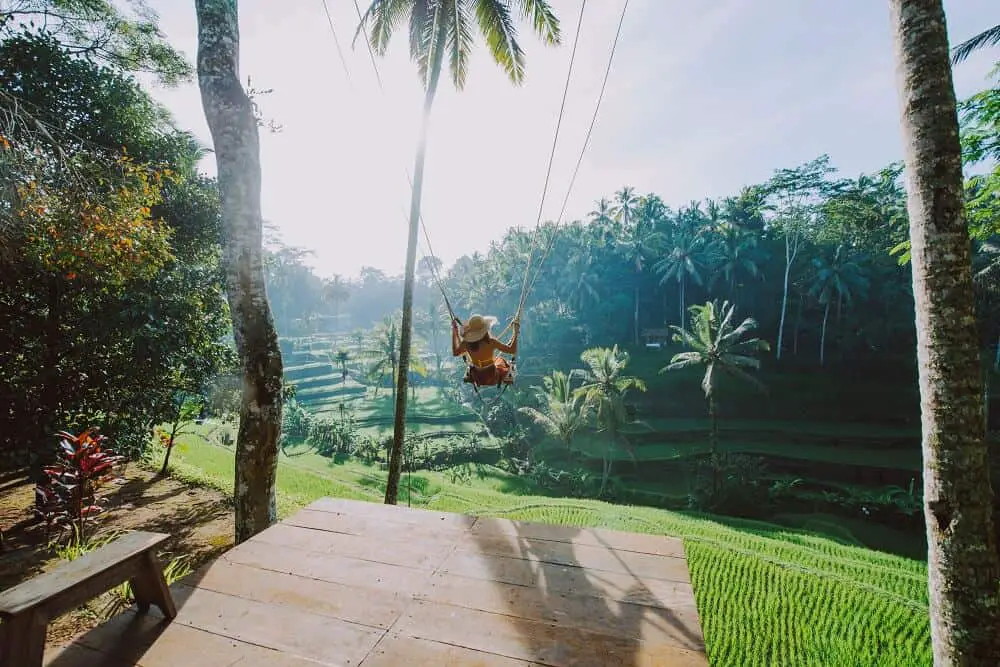
Examples of responsible tourism and practical tips
Now that we know what responsible tourism is and how to be a responsible tourist, let’s have a look at some examples of responsible tourism and practical tips that you can take into action in your journey to become a better traveler.
Avoid animal tourism
Animal tourism comes in so many ways and is so widely spread and accepted that it’s often hard to avoid. Many times we don’t even recognize it as animal tourism because it has become so normal.
The most common and hard to notice are all the organized tours that include a show or selfies with a monkey, snake, parrot, or another exotic animal typical to the country you are visiting.
Are locals showing off an animal and asking for money ok to support? Definitely no. If they need money they will soon find another way to earn some extra cash if tourists stop paying for it.
Further, you have a lot of tours that include a visit to a zoo or riding animals like elephants, donkeys, camels, etc. Who hasn’t dreamed of riding a camel into the Great Pyramids of Giza or riding an elephant through the Thai jungle?
It seems tempting the way the tourism industry puts it out there, but please think twice before doing so.
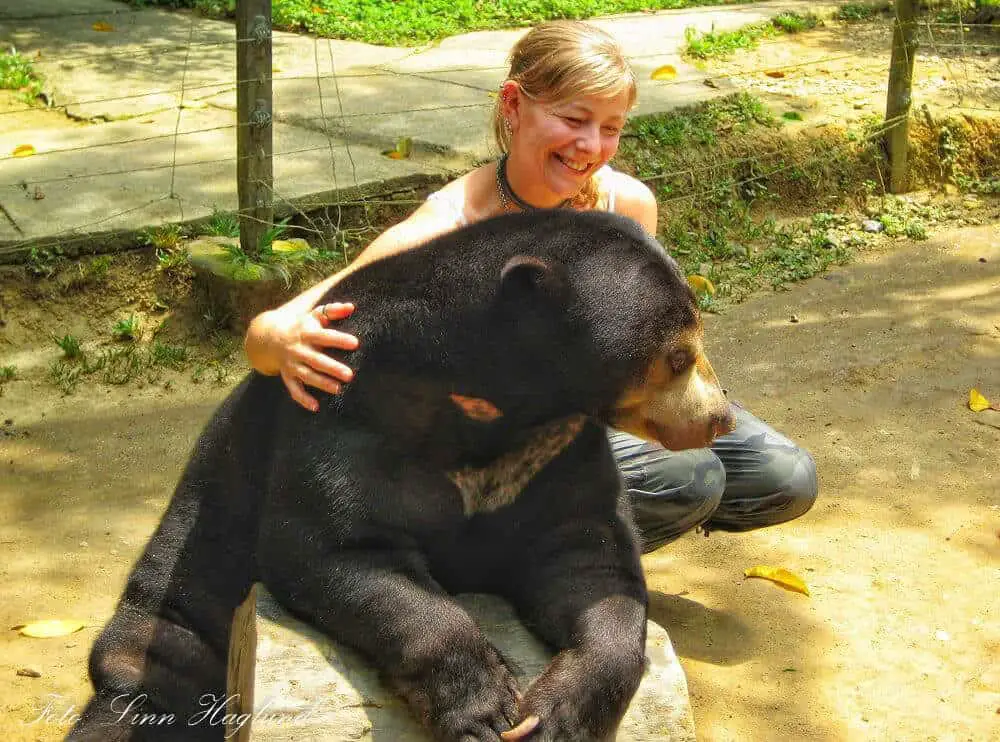
When in the Philippines, I met the tiniest primate on earth, the Tarsier. They get captured by locals to show off to the tourists. The Tarsier actually commits suicide when held in captivity.
Read more: Why you should never pet a Tarsier
Where I live, at the Costa del Sol in southern Spain, I see animal tourism all the time. In Fuengirola, a couple of years ago, animal defenders fought for the horses used for tourist tours.
The horses had to stand in the heat of the sun every day waiting for tourists to ride through the hot streets. The poor animals had no access to shade while the taxi stand a few meters up the road had plenty of shade for the taxi drivers.
Eventually, they built a roof for shade for the horses. The roof is way too high, so the shade hardly reaches the horses.
In Mijas Pueblo, just 15 minutes away, donkey tourism is full-on. Tourists are standing in line to get a tour of the village on the back of a tired donkey without considering how much weight is reasonable for one donkey to carry.
These donkeys are tied up 24 hours a day, without the opportunity to lie down and rest. Donkey owners have also been observed hitting the donkeys if they disobey.
You can read more about this in my blog post Why you should never ride a donkey in Mijas.
Riding animals as a tourist activity should, in general, be avoided. This goes for elephant rides, donkey rides, camel rides, and all other animals.
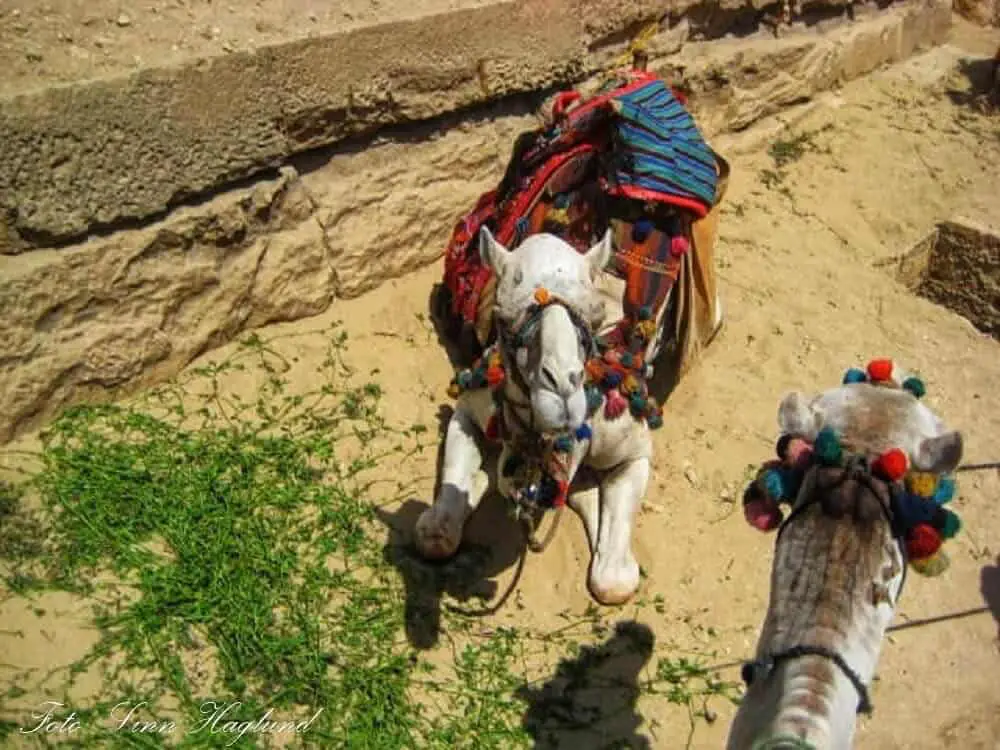
Support local businesses
When traveling, chances are you will buy food, snack, or souvenirs. If you stay at hostels you might prepare your own dinner, or you might want some fruit or snack for a long day sightseeing.
In many places you find food markets where local farmers sell their food, sometimes even ecological. If you have the time to find a market, that is a great way to support small and local businesses. This way you know that your money will go to the locals.
In many countries, the poorest families of farmers will be on the market. Buying a little bit from different people will help more families.
Also, souvenirs can be bought from smaller local shops. Another positive thing about going into these small local shops is to talk to the locals and get to know more about their history and culture.
Often they have time for you and are curious about you and where you come from as well. You might even make new friends if you’re open to it.
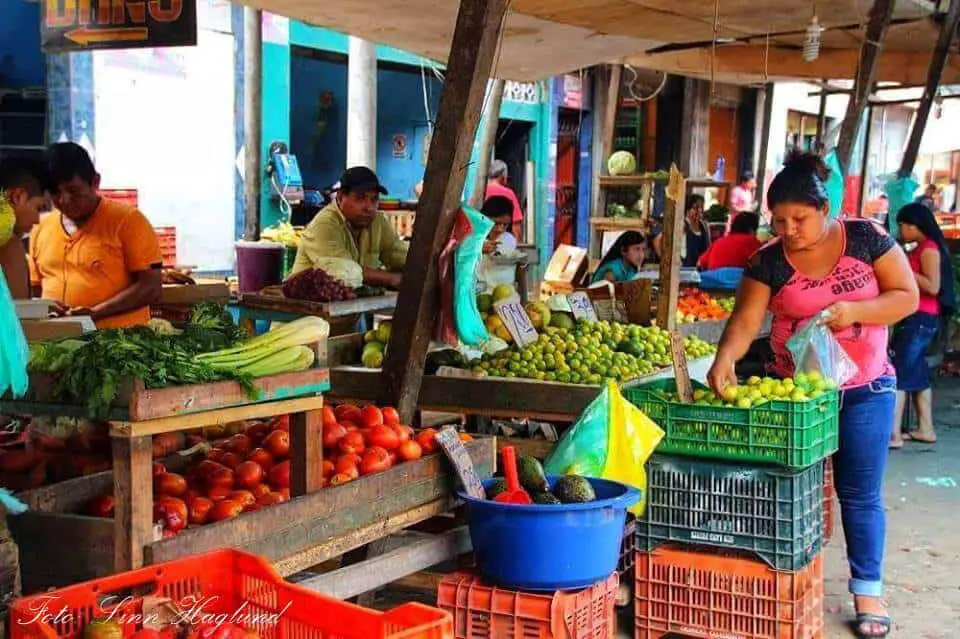
Be a mindful hotel guest
You have probably seen these signs that more and more hotels put up that ask you to leave the towels on the floor if you want them changed. If you leave them hanging, they won’t change them for you.
This is a major way to keep water usage low and to decrease the number of detergents washed out in the ocean.
I often find that the cleaners change the towels even though I leave the towel hanging. That’s why I have started putting up the do not disturb sign when I leave the room.
Furthermore, you can decrease the usage of tiny plastic-packed hotel soaps, shampoos, and creams. Bringing your own shampoo and soap simply saves throwing away all those little plastic containers for each hotel room you are in.
Eco friendly, zero waste soap and shampoo bars are easier than ever to get hold of!
Sometimes it might be necessary to use the ones in the hotel, but if you bring the rest to the next place instead of leaving them half empty, you might throw away a couple of bottles less.
Responsible travel starts with implementing small changes to your travel habits.
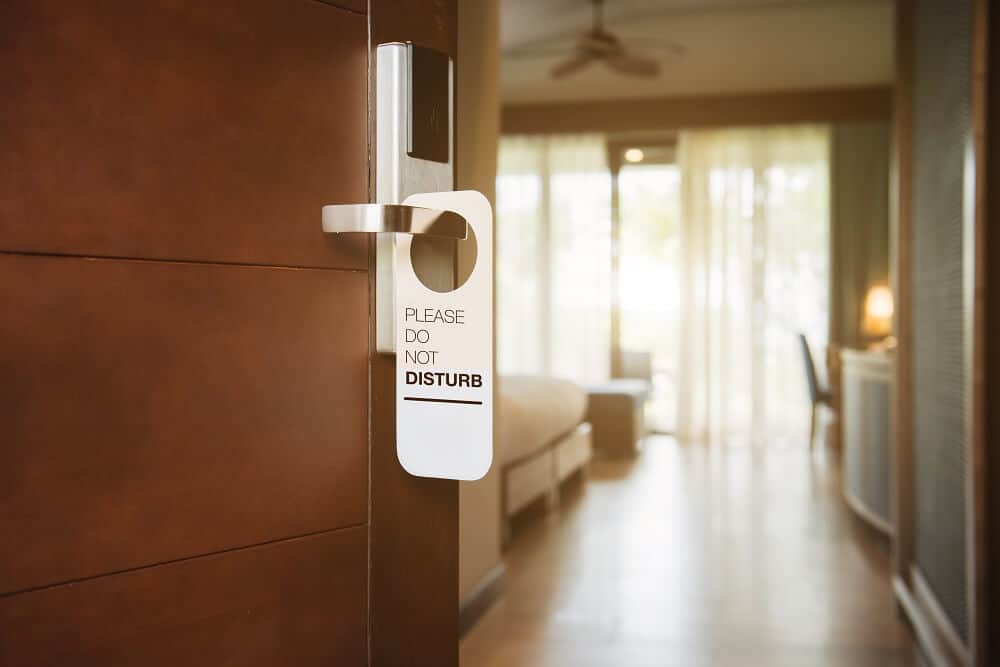
Keep nature clean
When you are traveling, you might come across places that are overwhelmed with rubbish.
It can be easy to follow the trend and throw your own rubbish on the ground as well. What difference does one more piece of plastic or paper make?
Try not to do that and instead find a rubbish bin. It might seem like it doesn’t matter, but any little piece of rubbish that we don’t throw on the ground saves our planet just a little bit, and we can make a tiny difference.
You could also bring an extra bag when you are out on a hike or visiting a beach and pick up whatever rubbish you come across.
Sometimes it is just so overwhelming that it seems unnecessary. But Hey! That’s just one bag less of rubbish into Mother Nature. It’s definitely a way to contribute to responsible tourism.
Imagine if we all collected one bag of rubbish every time we went to that beach or that hike? Wouldn’t that make a huge difference?
Be responsible and don’t justify your bad habits by blaming others.
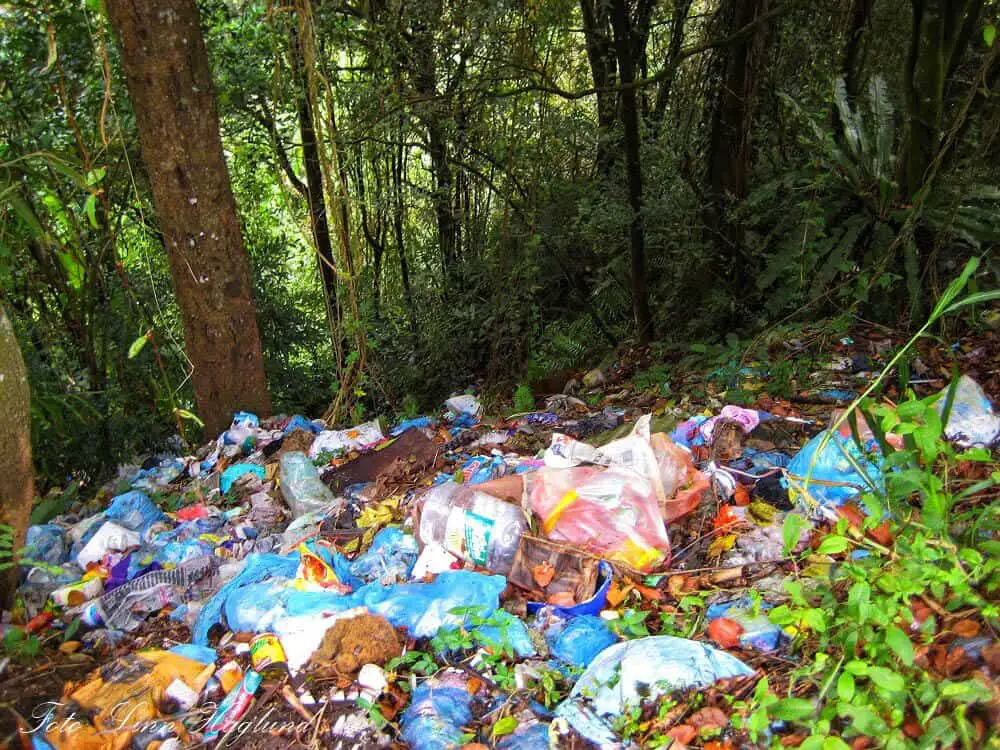
Bring clothes to a children’s home
This is such an effortless action that can make a huge difference just with a bit of organization.
Delegate.
Unfortunately, a lot of people in developed countries throw clothes in the bin once their children grow out of them. You can do something about this.
Ask your friends, family, and colleagues at work to give you clothes they don’t need anymore. People like to help, and people like to feel needed. You will make all the people that give you clothes feel that they’re making a difference too.
That’s great. All you have to do is pack the clothes with you, and find a children’s home that you can visit on your trip (make sure to do your research and go for the right reasons and not for a bunch of selfies with cute homeless kids. That’s NOT ethical!), and get an amazing experience.
Remember to let all the amazing people that donated clothes know where you have given them and how it was received. In this way, you’ll not only make a difference to the children, but this will also have a great impact on the people you involve that you receive the clothes from.
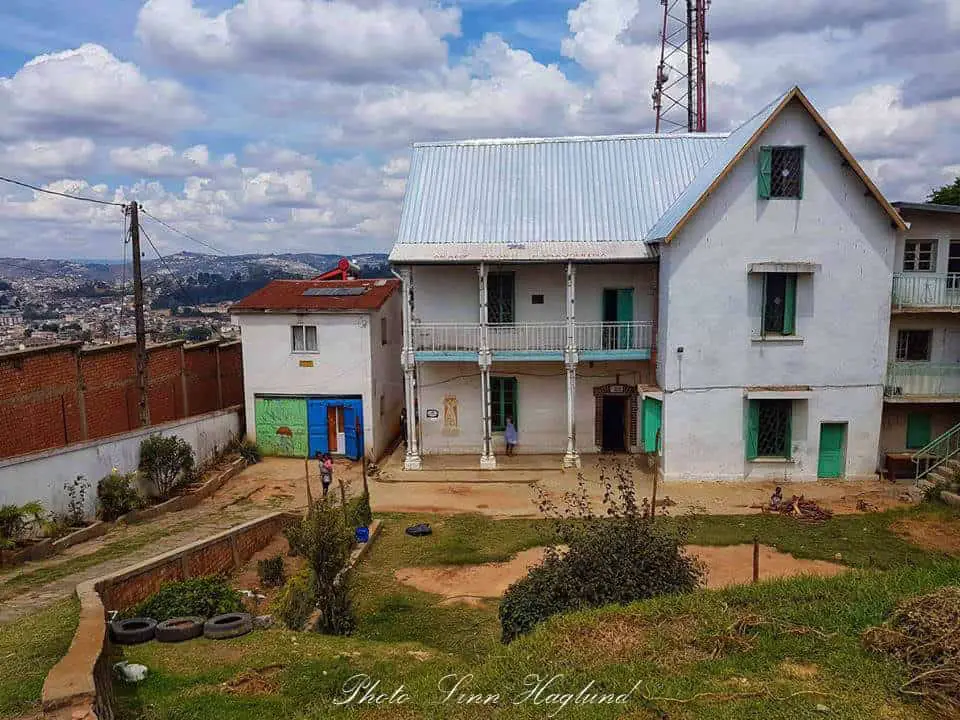
Respect the culture
Responsible tourism starts with respect.
Further, dress accordingly to the customs in the country you are visiting. If you visit a country where women are covering up most of, or all of their bodies, then do it.
If you visit a country or city where couples don’t show intimacy in public, then wait until you get to your hotel room to give that kiss.
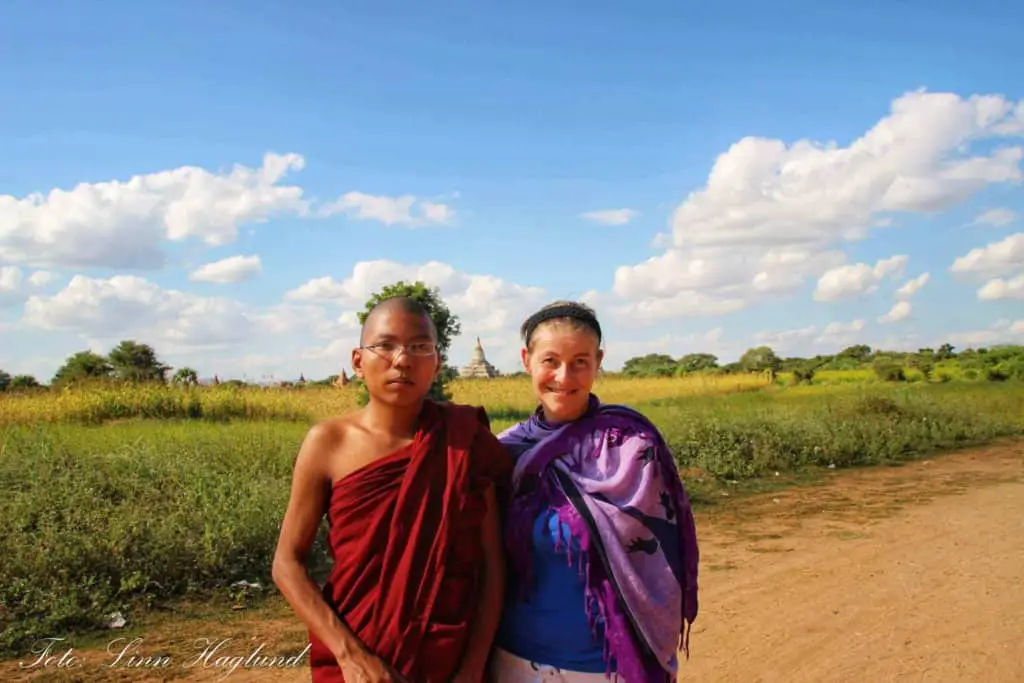
Learn the local language
I have lived for years at Costa del Sol in Spain where surprisingly many tourists come and think they own the place. They speak English to the locals and just expect that the person in front of them knows the language.
I’ve even observed people becoming angry at the Spanish for not trying to understand or just answering in Spanish. Surprisingly, Spanish is the local language in Spain. Remember that you are a visitor, and not at home.
It doesn’t matter if you travel to Thailand, Peru, or Russia, English isn’t an obvious language to manage. Make sure you show the locals that you’re aware of that.
If you’re humble and ask them if they know English, they might as well know a little or try sign language if they struggle to communicate in English.
Don’t you think the locals will be more positive to tourists if they are met with humble and respectful visitors?
Just learning a few common phrases in the local language, like “thank you,” “how are you,” and “I am good” can make a big difference to your experience.
The locals usually like it when you try to communicate in their language. If it’s only a word or two, it shows that you are making an effort.
Communicate with the locals
Now, I have talked about learning a few phrases in the local language. But no matter where you travel to you should do your best to communicate with the locals and show that you’re interested in their culture.
You never know where it could lead you. They might show you a hidden gem or even invite you home for dinner with their family!
Communicating with the locals is definitely the best way of knowing a place in-depth.

Find out what I learned from talking to the locals in Cuba.
Take local transport
Taking local transport is a good way to get in touch with the locals and observe the customs. You also contribute to the environment by traveling by bus or train.
I remember in the Philippines, one of the most interesting travel experiences was taking a local Jeepney to our destination. We were crammed in the back with a large group of locals.
Not exactly sure how to pay the driver as he was sitting in the front with heaps of notes wrapped around his fingers, we soon figured out the system.
Those who sat in the back passed on money forward until they reached the driver. The change came back a while later, but the driver seemed to have full control of whom he owed what to.
It was a great way to have a laugh with the locals!
Bring a filtered reusable water bottle
Traveling with a filtered reusable water bottle doesn’t only save the amounts of single-use plastic you otherwise would use on a trip. It also saves you a whole lot of money.
My favorite filtered water bottle is the LifeStraw Go bottle. You can fill up the bottle anywhere and while you drink, the water passes through the filter. On my last trip to Cuba, I didn’t buy a single water bottle.
If you’re a coffee addict, you might want to bring a reusable coffee cup too.
When you buy a LifeStraw product you also support a project that gives clean water to a whole community.
My top Amazon picks:
Don’t feed wildlife
It is important to think about this. It might seem harmless to give a piece of food to a cute animal. But do you know what that animal normally eats? Once tourists start feeding wildlife a series of things happen.
- The animals can get sick or die at an earlier age because they eat things that are not included in their natural diet. This can also lead to the animals not eating enough of their natural diet, which in turn creates a negative domino effect on the ecosystem.
- The animals get used to humans and start roaming around the cities and towns begging for food. This can get quite annoying for the locals.
- As animals get used to humans and go looking for human food in houses and restaurants, they can get killed by traffic.
Ask before photographing people
You might be eager to get all those photos of people in their local dresses doing their local customs. However, it’s important to remember that they are people. Just like you and me.
Striking up a conversation first and asking what they do and so on usually makes it easier to ask for a photo later. If the person is selling something, it’s nice to buy something from him or her to show gratitude.
But you shouldn’t give money to take a photo. Instead, just thank them and continue walking.
When it comes to photographing children, make sure you always get consent from a parent or other grown-up family member.
Read: Things NOT to do as a responsible traveler
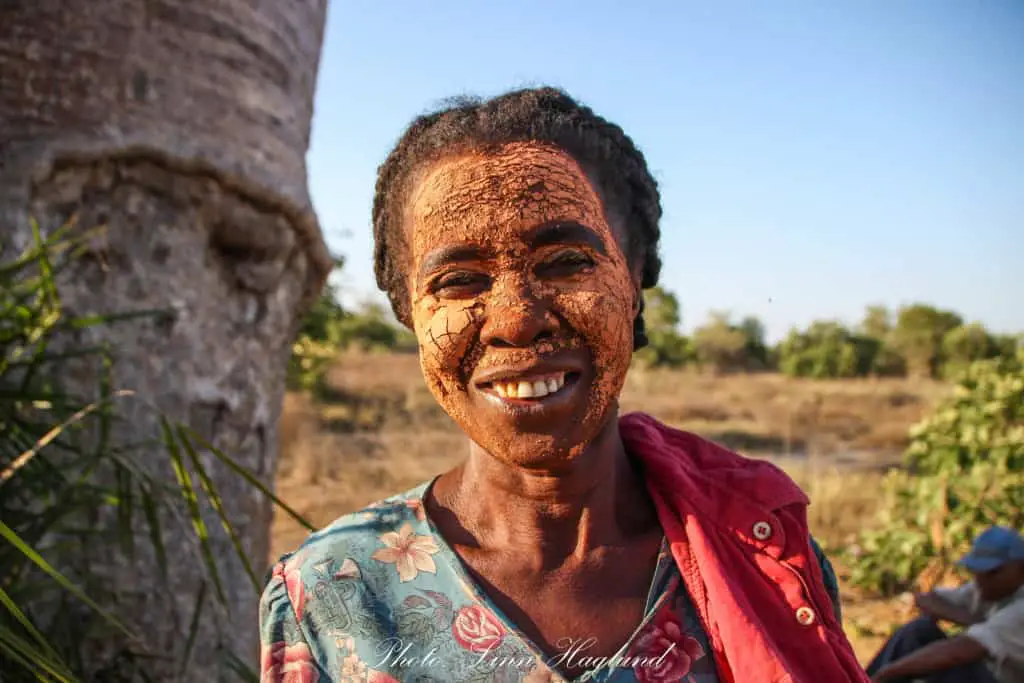
Ask for NO plastic straw
Plastic straws are one of the most common pieces of plastic found during beach clean-ups. And do we really need them?
Well, sometimes, I must admit, it’s nice to drink with a straw. However, not at the expense of the environment. Try to remember to ask the waiter to not give you a straw next time you have a drink.
Personally, I still just remember it only half of the time. But it’s a start. And it’s better than nothing.
So don’t freak out if you forgot to tell them and you see that pink plastic straw dipping in your drink as the waiter comes towards you. Just try to remember it for the next time. I am convinced that with time I will remember it every time.
You can also buy metal straws to bring with you on your trip.
Get yours here.
Use reef-safe sunscreen
Regular sunscreen contains something called oxybenzone. This breaks down the corals, they lose their nutrients and finally die. It also harms the fish when it comes in contact with their skin.
Not very neat.
Luckily, there are alternatives out there, so make sure you look for reef-safe sunscreen next time you go to the beach.
You might also like: Why is sustainable tourism important?
Use responsible tour operators
Make sure you chose a responsible tour operator when you go on a tour. Things to look for are tour operators that support local businesses and that don’t include unethical animal tourism in their tours.
It can be a good idea to ask them a number of questions on how they work with sustainability and how they think about animal tourism to make sure you trust them.
Travel by land
Whenever you can, try to travel by land. If you have the time to take the bus or train instead of a flight you can save money and the environment.
Often, the trip isn’t much longer if you think about the time you spend getting to the airport, through check-in, waiting, the flight time, and finally, getting off the place and picking up your luggage.
This is not always possible. You might not always have the time, and that’s ok too.
Smile to people
The most effortless thing you can do is to always meet the locals with a friendly smile. You will be surprised how many people you touch with your beautiful smile. Don’t you feel better when someone smiles at you?
A smile opens new doors, be it new friendships or new knowledge about a place. This could even lead to an improved understanding of responsible tourism at the destination.
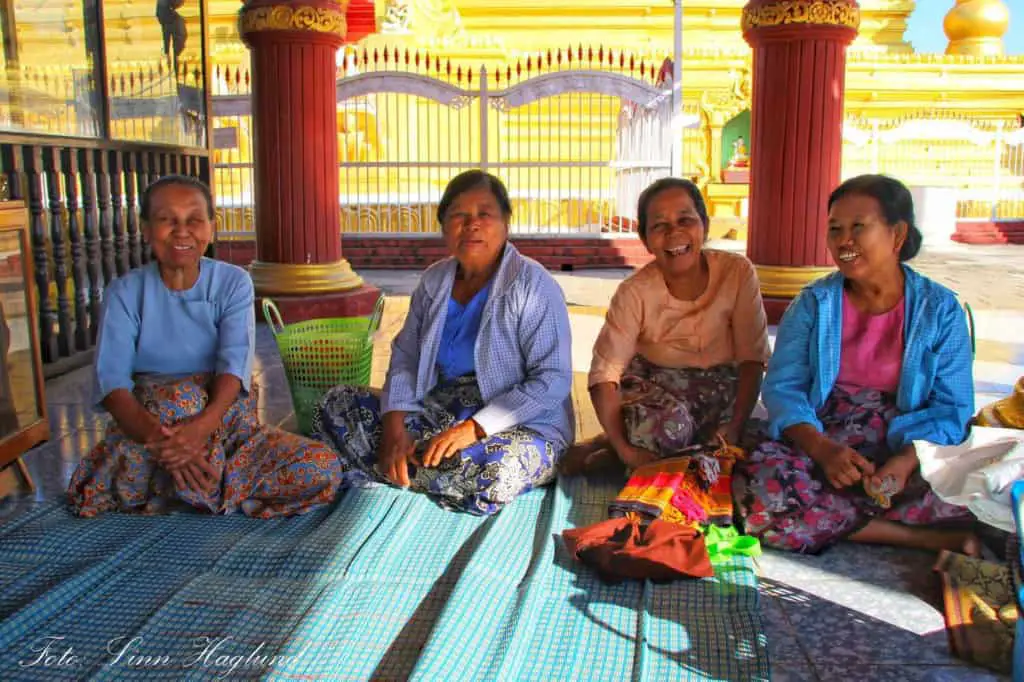
Talk about responsible tourism
After you come home from your trip, talk to your friends and family about responsible tourism. Tell them about what you’ve done and the experiences you had and why responsible tourism is important.
Spreading awareness about responsible tourism is incredibly important. Use your social media to spread awareness and show your following the incredible experiences you had while traveling as a responsible traveler.
Conclusion on responsible tourism
As you see, it’s hard to come up with a short responsible tourism definition as there is so much involved to consider as a traveler.
I experience that locals are a lot more welcoming once you respect their customs and adapt a little. If you are respectful it changes the locals’ views on foreigners and you might even get new friends for life. Remember, the traveler is the visitor.
You do get a long way with respect and considering where you put your money so you assure it stays with the local community and that it goes to improve the lives of the locals and goes into conservation of the local community, natural environment, and wildlife.
It’s definitely not always easy to know how to be a responsible tourist, but hopefully, you have a better understanding of both responsible tourism meaning and ideas of how you can travel responsibly.
But don’t beat yourself up for making mistakes! We all do them and we all learn as we go. Whenever you find yourself in a situation where you recognize unsustainable tourism, you learn what more to look for next time.
Don’t be ashamed of your mistakes, instead, talk about them openly so others can learn from them too.
Do you have any thoughts of other effortless ways to responsible travel? Please let me know in the comments.
Pin it for later!
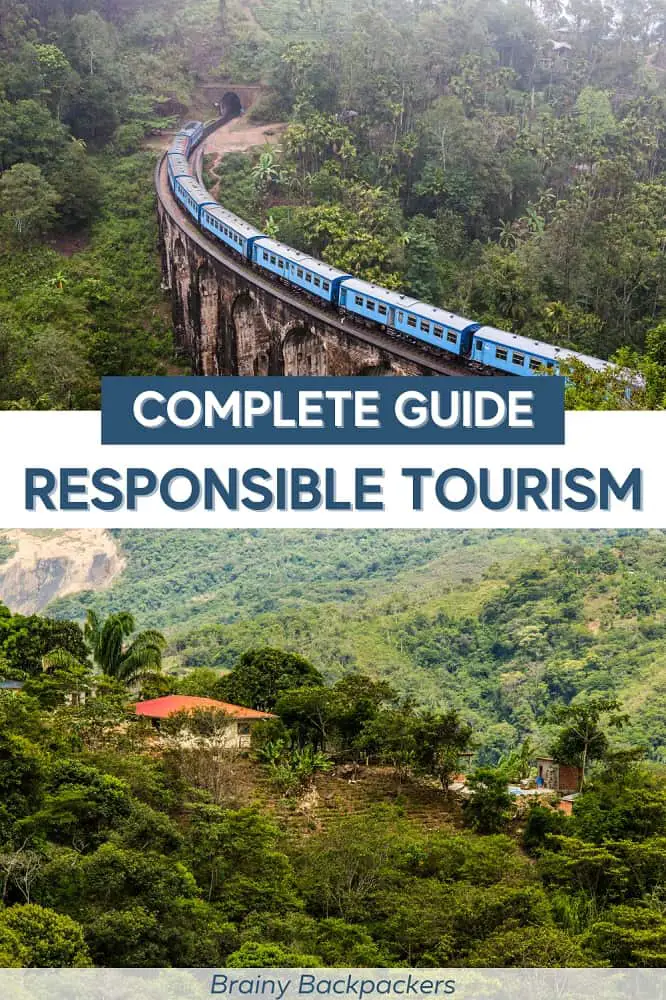
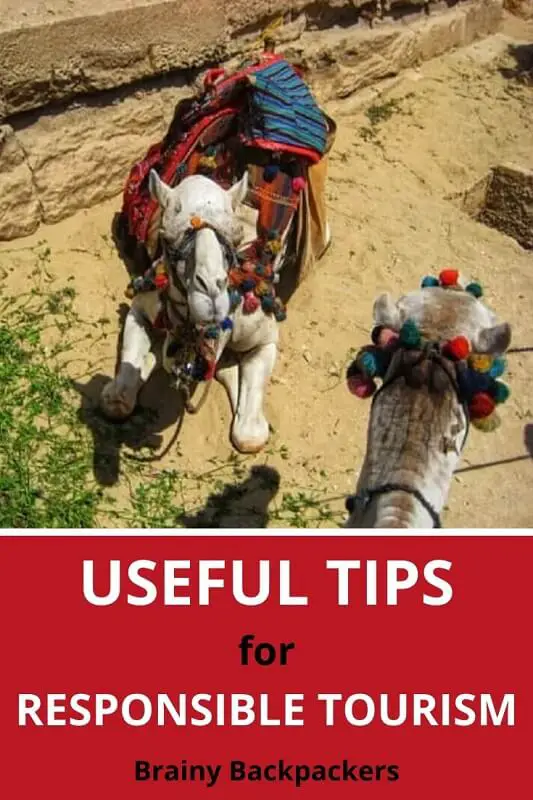


Love this post! It’s not always huge things we have to do to make a difference while traveling. If everyone did a little, it’d make a difference in the world. You have so many examples of animals being treated poorly 🙁 It’s so sad to me but so present in many places.
Hi Danielle! Thank you for your lovely comment and encouragement! Yes, it is really sad about all the animals being treated poorly, but hopefully, we can change that little by little, by increasing the awareness amongst travelers and doing a little where we can.
Lovely post Linn. Thanks for raising such a grave concern. I hope people take resposible travel seriously after the covid pandemic subsides and people resume the travelling again.
Thank you! I really hope so too.